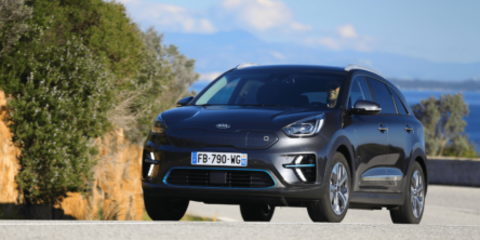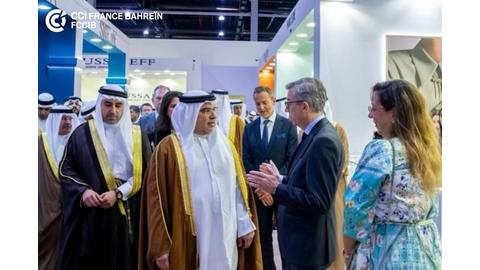France decreases electric vehicle subsidies as sales rise

After the French government decided to increase its subsidies for electric cars and plug-in hybrids to up to 7,000 euros a few months ago, they will cut back subsidies again from 2021. At the same time, France is tightening the malus penalties for high CO2 emissions.
According to the budget presented yesterday by Bruno Le Maire, Minister of Economy and Finance, the premium for pure electric cars will be from currently 7,000 euros down to 6,000 euros in 2021 and further reduced to 5,000 euros in 2022. The government will halve the state subsidy for plug-in hybrids to 1,000 euros next year. This subsidy will only apply to vehicles costing a maximum of 45,000 euros.
There is also a cut of the special subsidy for company fleets. The government will only pay 1,000 euros in each of the next two years instead of the current support of 5,000 euros. The only thing that remains untouched is a separate incentive to switch to electric vehicles for low-income households amounting to 3,000 euros.
Similar to Germany, France had decided to increase the subsidy rates in May 2020 as part of a restructuring plan for the automotive industry. The main reason was the slump in sales due to the Corona crisis. However, the French government took a more moderate approach, only raising the maximum subsidy rate from 6,000 to 7,000 euros. In the short term, demand was also boosted by a scrappage scheme for private buyers. This had an effect. According to statistics from the industry group CCAF quoted by Bloomberg, electric vehicles accounted for 6.1 per cent of registrations in the French market in the first eight months of the year – compared to only 1.9 per cent in 2019. Plug-in hybrids also gained a larger market share.
Bruno Le Maire describes the decision as being “in line with the development of the electrical market”. The bonus will be maintained at an ambitious but degressive level, as this type of vehicle will become more competitive compared to combustion engine models. Incidentally, the government already had the intention of slowly reducing the subsidy rates again when it presented the reformed bonus-malus system in December 2019 before the global pandemic.
Concerning the environmental malus, France will continue to tighten the screws. The “malus écologique” is an environmental tax that applies to vehicles with a certain level of CO2 emissions and is payable upon registration. The penalties are staggered, with the maximum rate for cars with CO2 emissions of more than 225 grams per kilometre currently amounting to 20,000 euros. According to the current draft budget, the maximum rate is to be doubled again in 2021 to 40,000 euros and then increased to 50,000 euros in 2022.
This is, of course, the extreme case. The threshold for the malus is currently at an emission of 138 grams of CO2 per kilometre (according to WLTP). For example, anyone who emits between 138 and 160 grams of CO2 per kilometre will have to pay 1,000 euros for registration. In any case, the limit is now to be reduced from the aforementioned 138 to 131 grams from 1 January 2021 and to 123 grams in 2022. With the aggravation of the malus, a potential tax proportional to the weight of vehicles discussed across France recently is now off the table for the time being.
France’s car lobby La Plateforme Automobile is naturally very critical of the measures taken by the government: “To make the bonus-malus system a real instrument for the ecological transition, the bonus should also move forward, otherwise the malus will only become a hidden new tax,” says Marc Mortureux, the organisation’s general director.
Source: https://www.electrive.com/2020/09/29/france-decreases-ev-subsidies-as-sales-rise140521/


